Conclavoscope - Cardinal Peter Kodwo Appiah Turkson
Cardinal Profile and Assessment
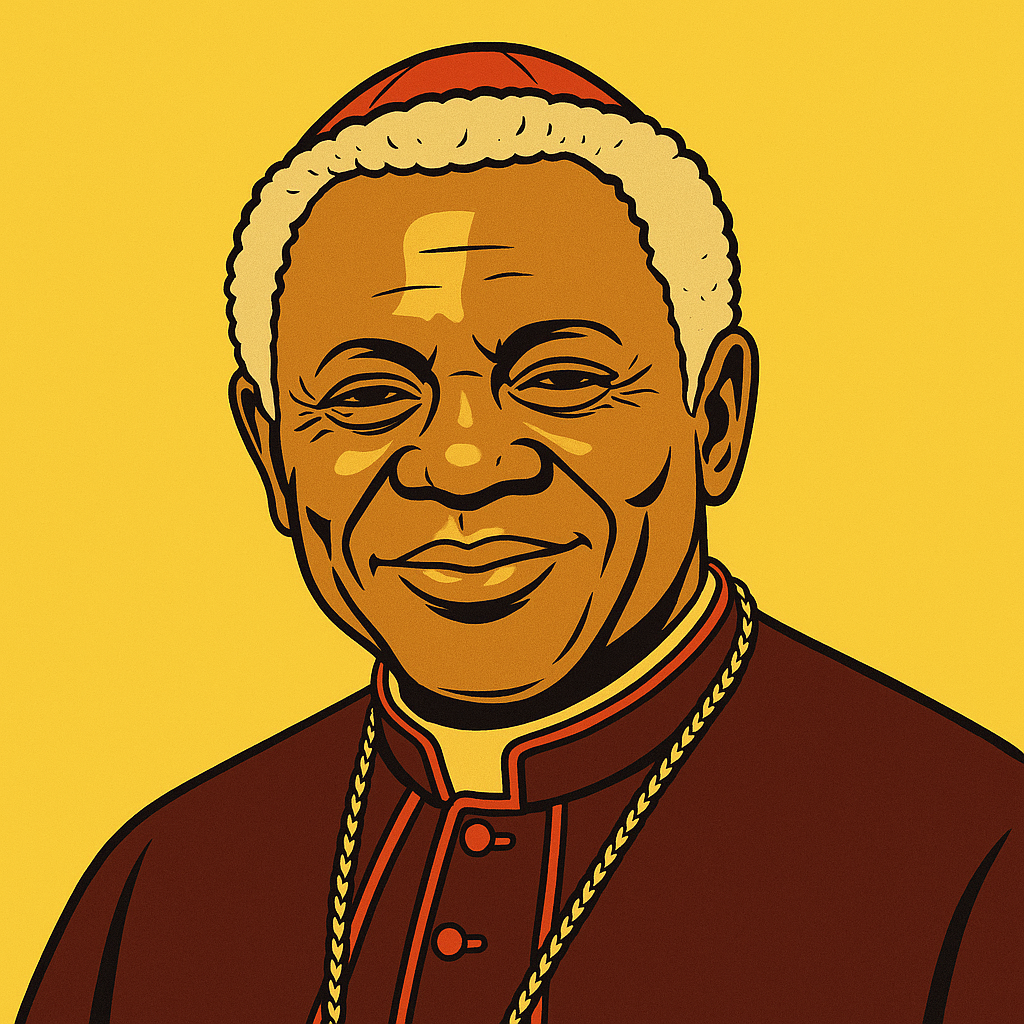
Ghanaian cardinal, Chancellor of the Pontifical Academy of Sciences, known for his leadership in the Church's social doctrine and his expertise on environmental and development issues.
| Criterion | Tendency |
|---|---|
| Moral doctrine | Conservative |
| Liturgy | Moderately conservative |
| Sociopolitical | Very progressive |
| Relationship with Pope Francis | Moderately progressive |
| Dialogue | Very progressive |
| Communication | Progressive |
| Overall tendency | Moderately progressive |
Born on October 11, 1948, in Wassaw Nsuta, Ghana, Peter Turkson is the fourth of a family of ten children. From a modest background, he was ordained a priest in 1975 after studies in Ghana, the United States, and Rome, where he obtained a doctorate in Sacred Scripture from the Pontifical Biblical Institute.
In 1992, he was appointed Archbishop of Cape Coast, thus becoming the Primate of Ghana. In 2003, John Paul II created him cardinal, making him the first Ghanaian cardinal in history. He chaired the Ghana Catholic Bishops' Conference from 1997 to 2005.
In 2009, Benedict XVI appointed him President of the Pontifical Council for Justice and Peace. In 2016, he became the first Prefect of the Dicastery for Promoting Integral Human Development, a position he held until 2021. Since 2022, he has been Chancellor of the Pontifical Academy of Sciences and the Pontifical Academy of Social Sciences.
Cardinal Turkson is generally perceived as conservative on doctrinal matters, while being engaged on social and environmental issues. He notably collaborated on Pope Francis's encyclical Laudato si', highlighting environmental and social justice.
His long career within the Roman Curia and his relationships with Popes John Paul II, Benedict XVI, and Francis give him a respected stature. However, he is not considered a leader of a specific group of cardinals, which could limit his direct influence during the conclave.
Cardinal Turkson upholds traditional Catholic moral teachings, particularly on issues like abortion and contraception. He has publicly criticized the inclusion of abortion and contraception in the United Nations' reproductive health goals, emphasizing the Church's stance against such practices. While he has shown some openness to dialogue on topics like homosexuality, his overall position remains conservative.
Cardinal Turkson supports traditional liturgical practices, including the Latin Mass, while also embracing African inculturation. His balanced approach reflects a respect for liturgical tradition alongside cultural adaptation.
Cardinal Turkson is a prominent advocate for social justice, environmental stewardship, and human rights. He has addressed issues such as climate change, migration, and economic inequality, aligning closely with Pope Francis's emphasis on integral human development.
Cardinal Turkson has maintained a collaborative relationship with Pope Francis, serving in key Vatican roles and supporting the Pope's initiatives on social and environmental issues. While he resigned from his prefect position in 2021, he continues to hold significant responsibilities within the Vatican.
Cardinal Turkson actively engages in interreligious dialogue, emphasizing mutual respect and collaboration among different faiths. He has participated in various interfaith initiatives, promoting peace and understanding.
Known for his effective communication skills, Cardinal Turkson utilizes various platforms to engage with the faithful and the broader public. His approachable style and multilingual abilities enhance his pastoral outreach.
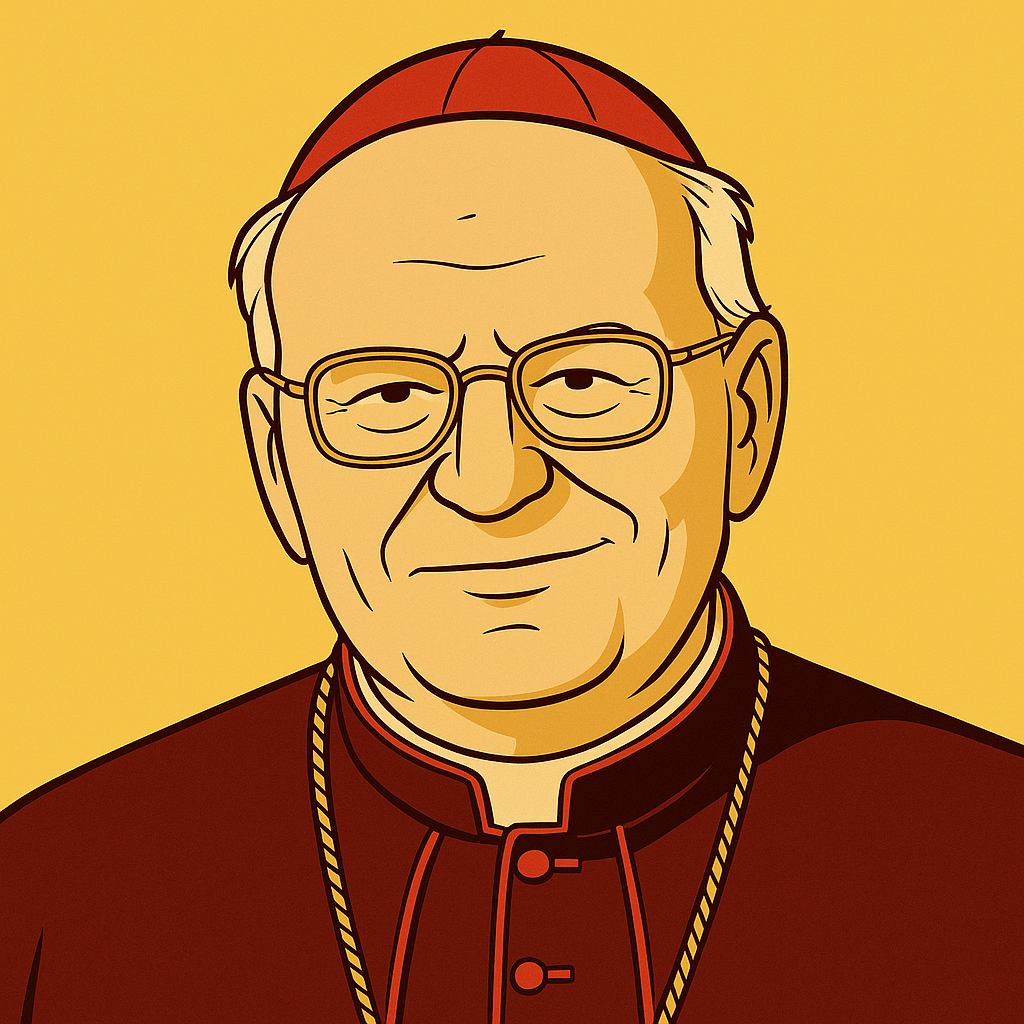
Hungary
Hungarian cardinal, Archbishop of Esztergom-Budapest, renowned canonist, known for his conservative doctrinal positions and his influential role in the Church of Central Europe.
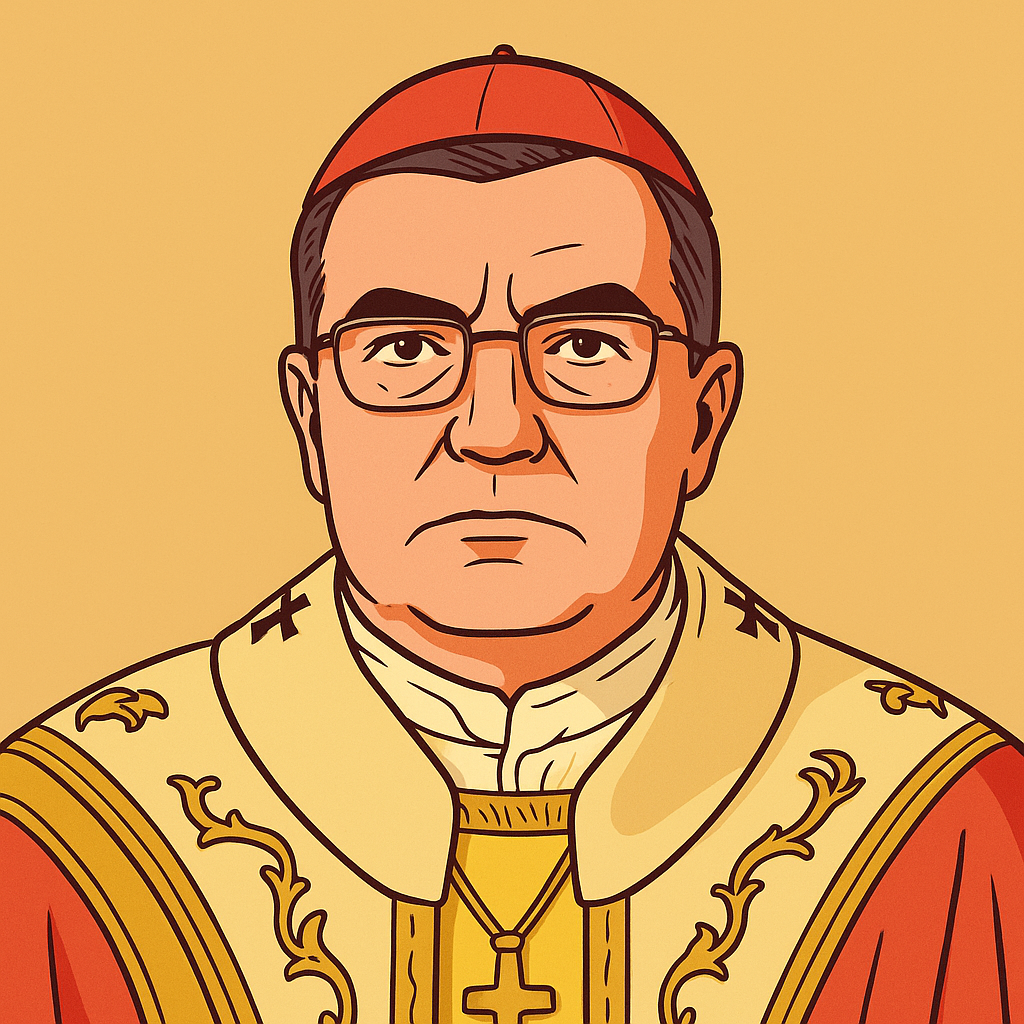
Croatia
Croatian cardinal, Archbishop of Zagreb, known for his conservative positions on moral issues and his commitment to traditional values in a post-communist context.
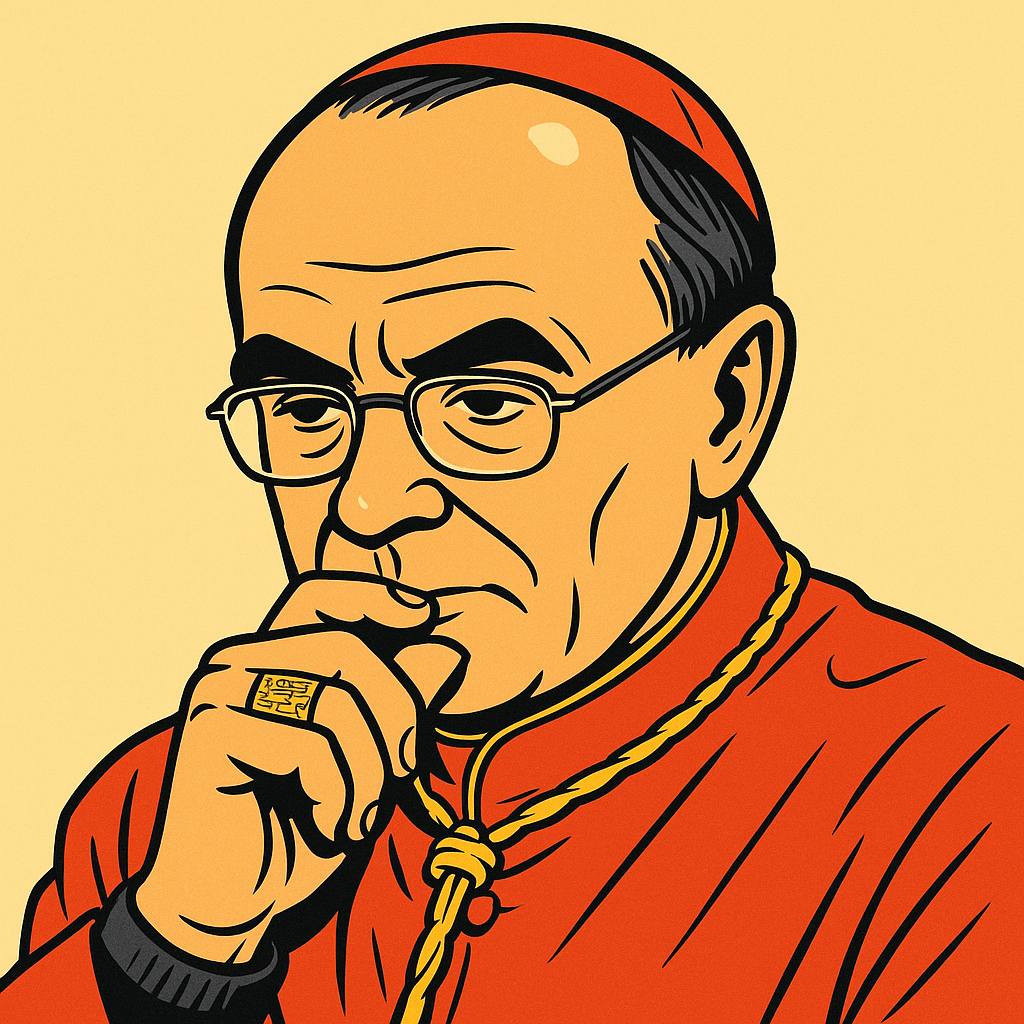
France
French cardinal, Archbishop Emeritus of Lyon, known for his missionary dynamism but whose career has been marked by controversy over the handling of sexual abuse in his diocese.
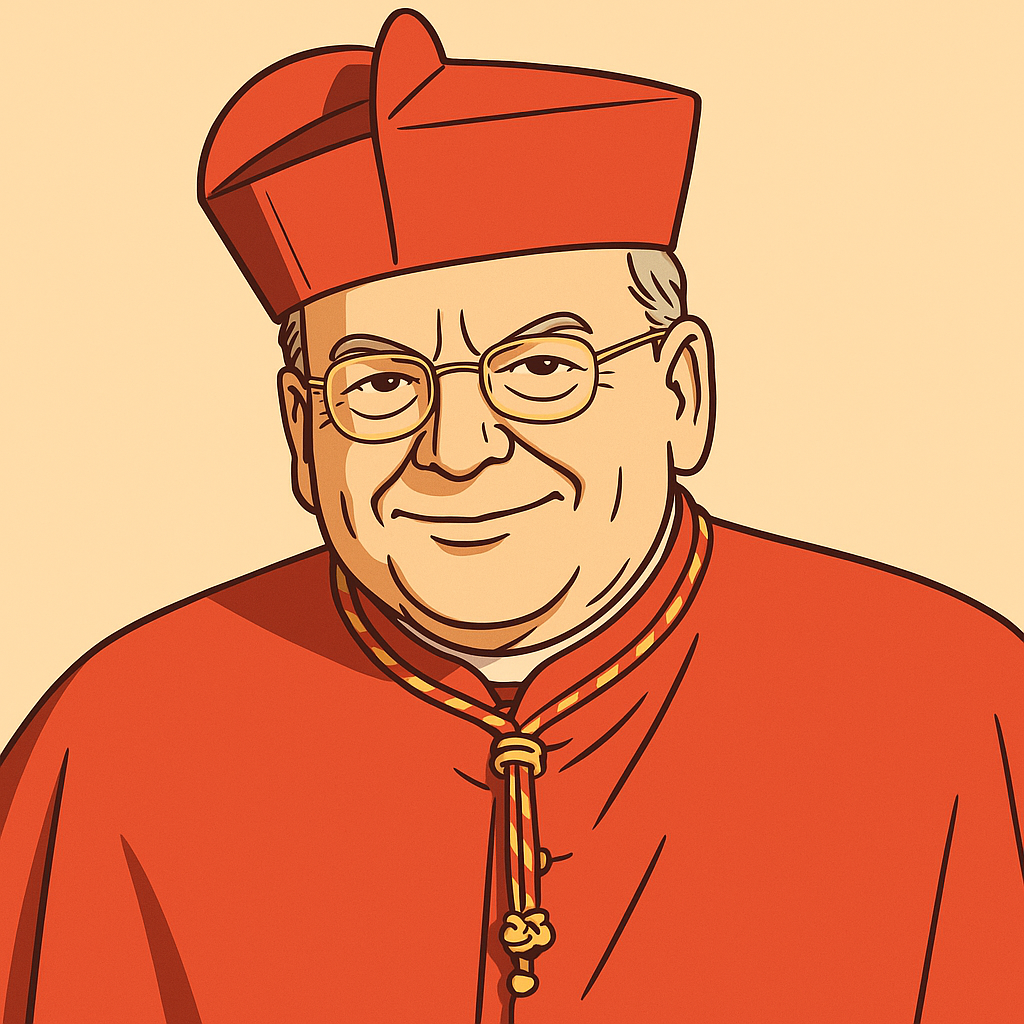
United States
age: 77
American cardinal, patron of the Order of Malta, known for his very conservative positions on liturgy and doctrine, and his open opposition to certain orientations of Pope Francis' pontificate.

Myanmar
age: 77
Burmese cardinal, the first from his country, known for his commitment to peace and reconciliation, combining respect for tradition and interreligious dialogue.
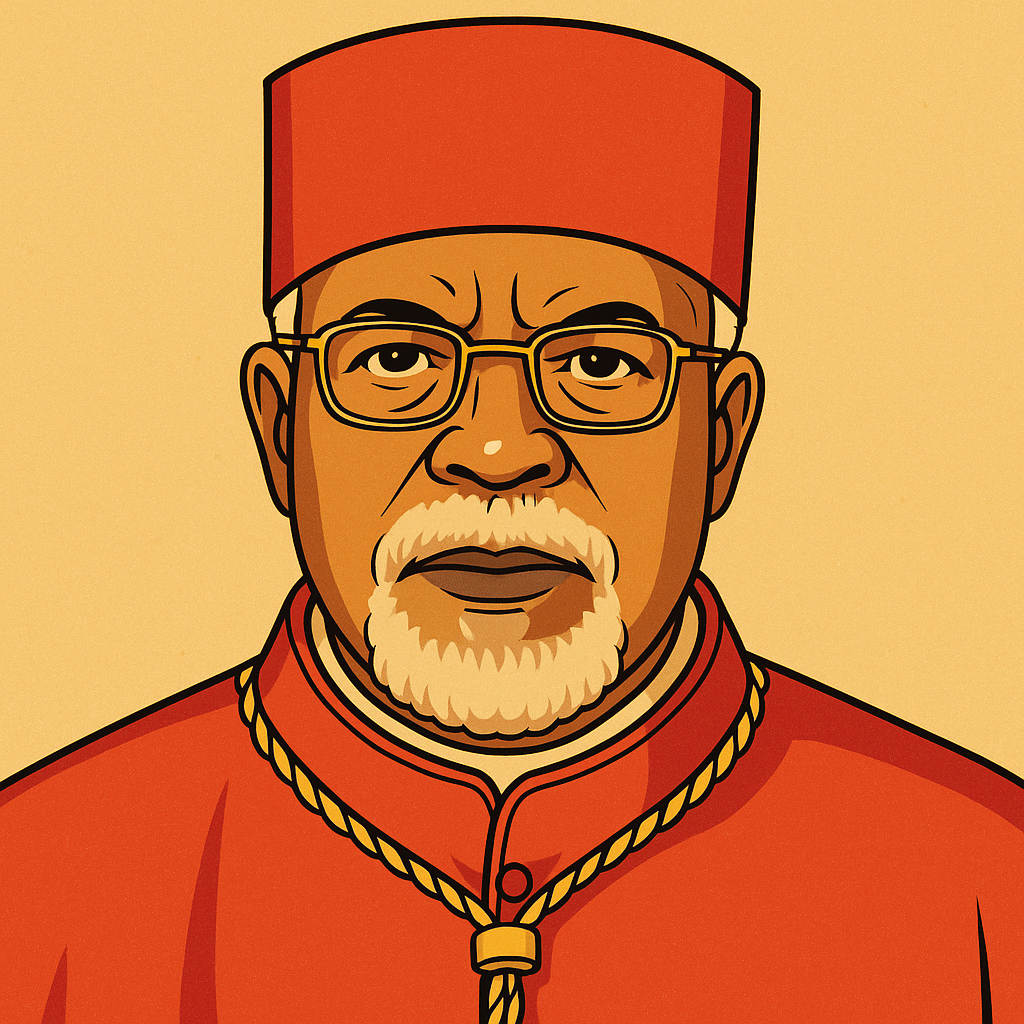
Ethiopia
age: 77
Ethiopian cardinal of Eastern rite, known for his defense of traditional Church values and his pastoral work in a context of religious tensions.
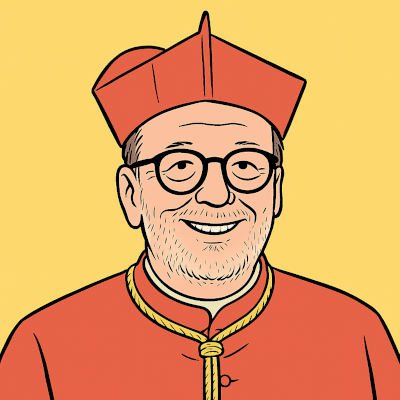
Italy
Italian cardinal, former apostolic nuncio, known for his diplomatic expertise and knowledge of Eastern Churches, combining liturgical tradition and openness to dialogue.
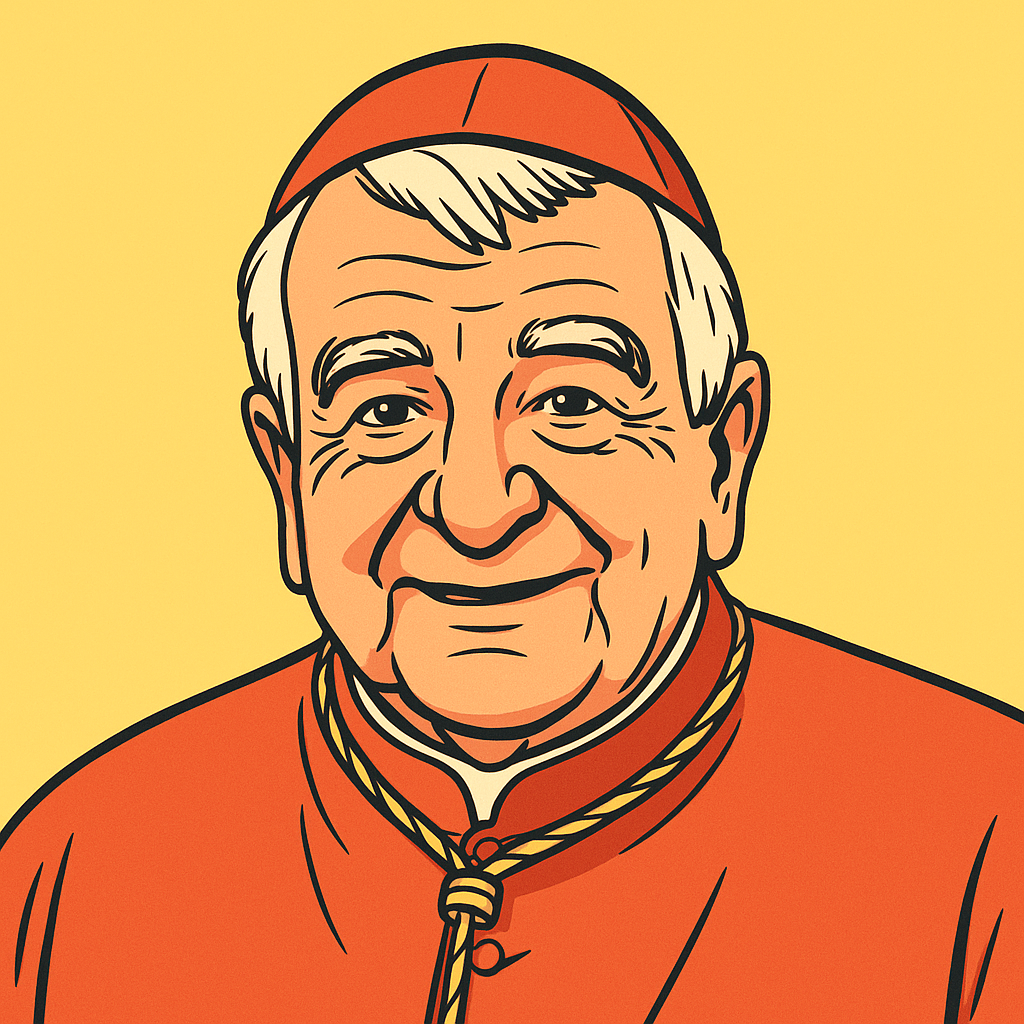
Switzerland
Swiss cardinal, apostolic nuncio, known for his diplomatic work and balanced approach between tradition and moderate openness.
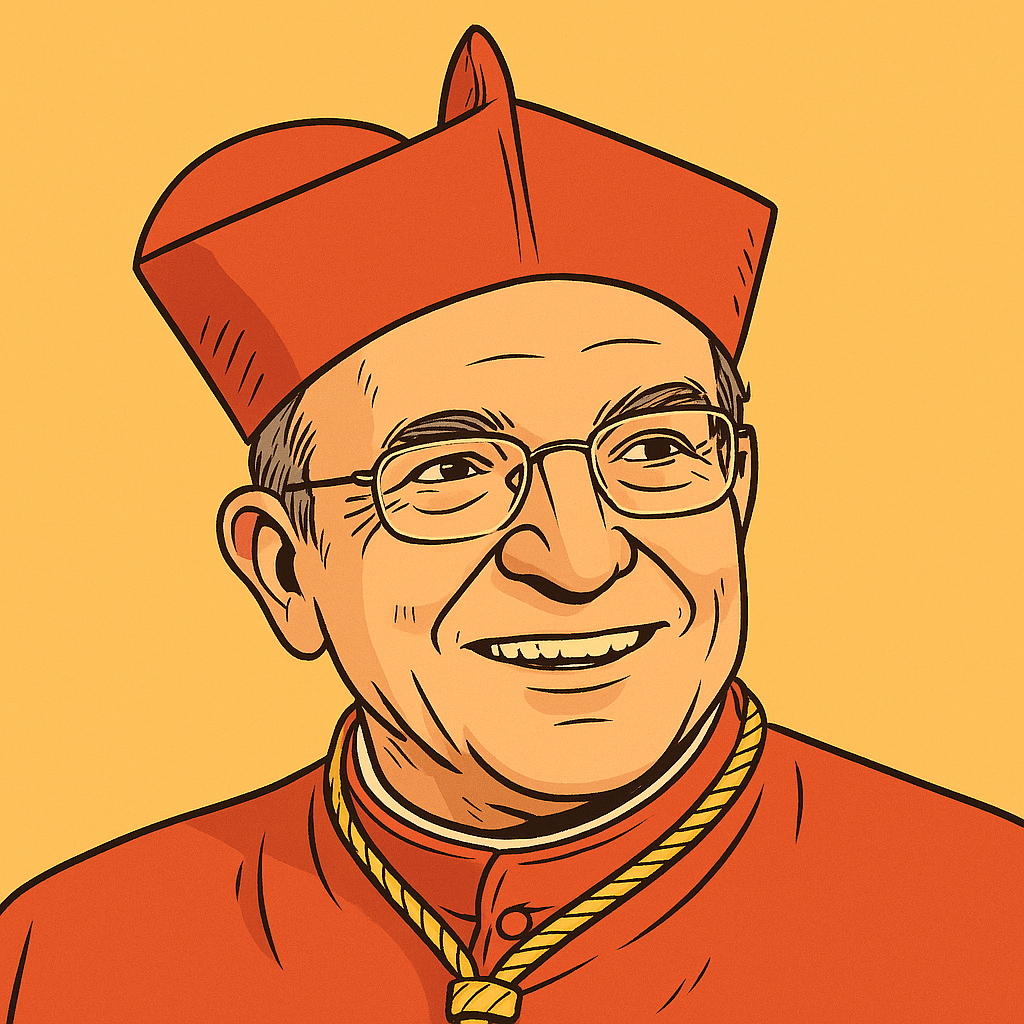
Italy
Italian cardinal, Archbishop of L'Aquila, known for his leadership after the 2009 earthquake and his pastoral approach combining tradition and community engagement.

Hungary
Hungarian cardinal, Archbishop of Esztergom-Budapest, renowned canonist, known for his conservative doctrinal positions and his influential role in the Church of Central Europe.

Sweden
Swedish cardinal, the first Scandinavian cardinal in history, known for his balanced approach between tradition and openness, and his ecumenical work.
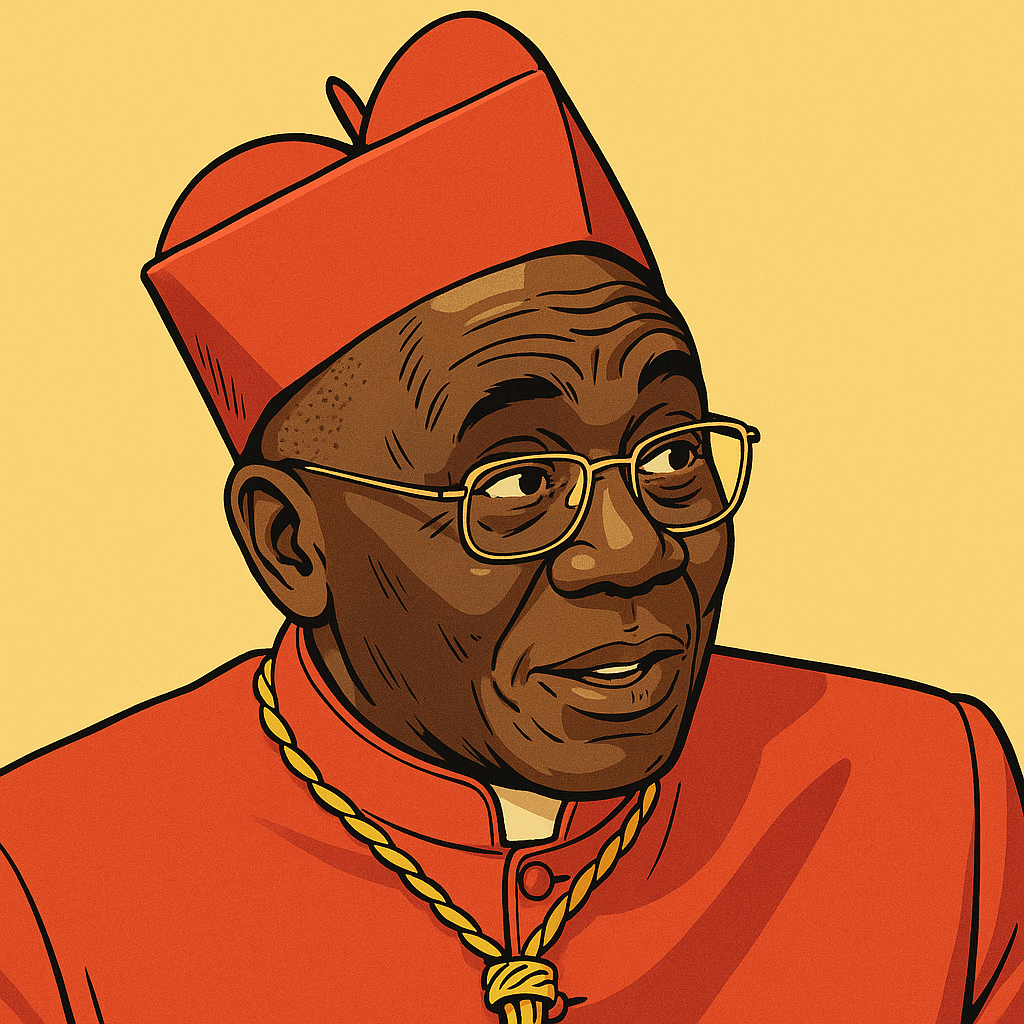
Ivory Coast
Ivorian cardinal, Archbishop of Abidjan, known for his doctrinal fidelity and conservative positions, while working for social peace and unity in his country.
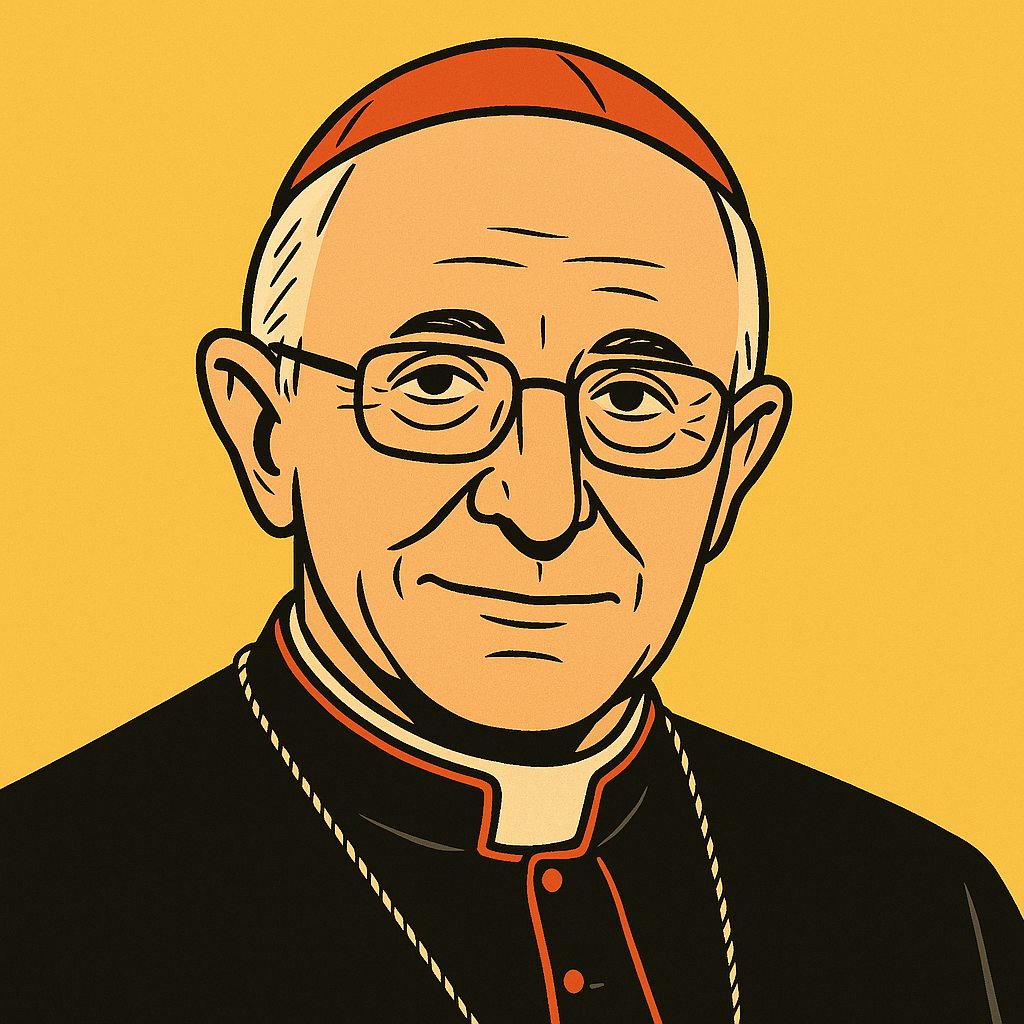
Italy
Italian cardinal, Grand Master of the Order of the Holy Sepulchre, former prefect of the Congregation for the Evangelization of Peoples, known for his missionary and diplomatic experience.
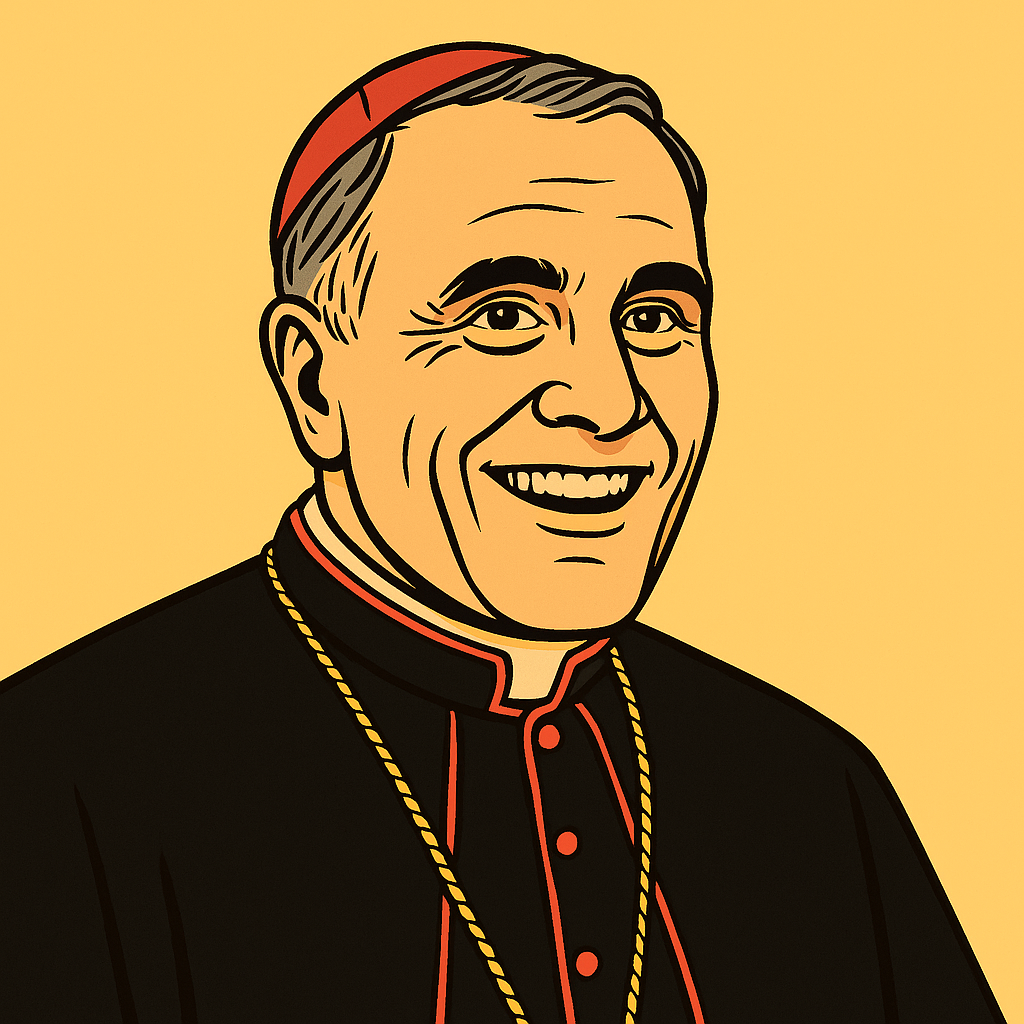
United States
American cardinal, known for his conservative positions on doctrine and liturgy, while seeking unity in a divided ecclesial context.
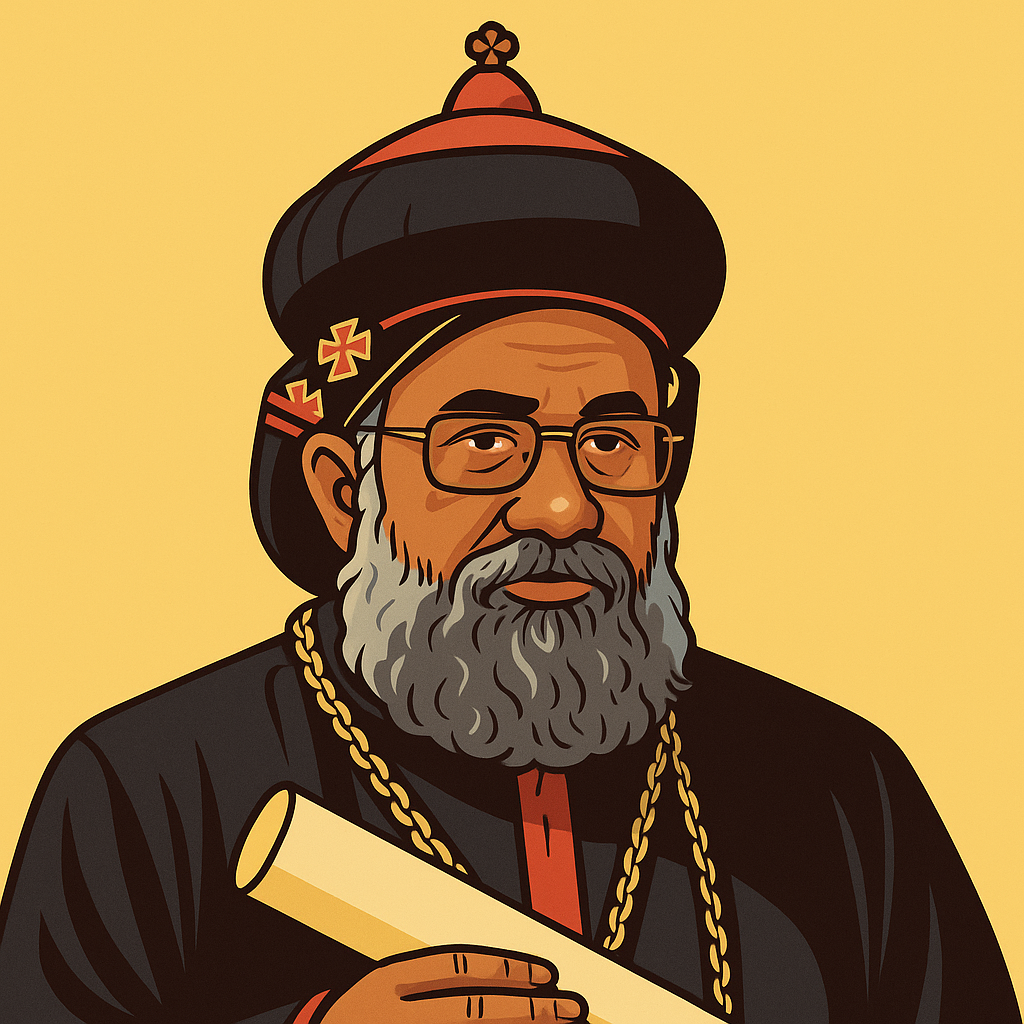
India
Indian cardinal of Syro-Malankara rite, known for his attachment to the Eastern traditions of the Church and his defense of traditional moral doctrine.

Italy
Italian cardinal, former apostolic nuncio, known for his diplomatic expertise and knowledge of Eastern Churches, combining liturgical tradition and openness to dialogue.

Switzerland
Swiss cardinal, apostolic nuncio, known for his diplomatic work and balanced approach between tradition and moderate openness.
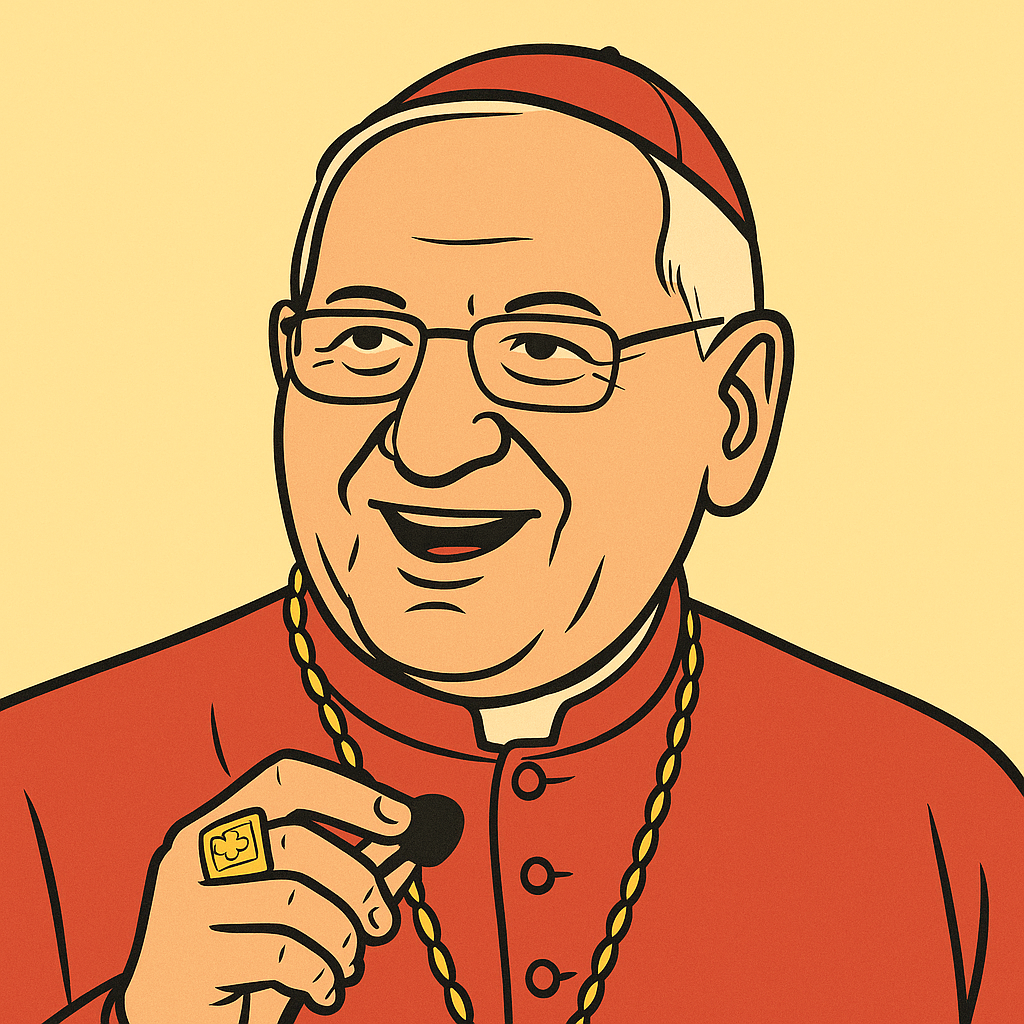
Iraq
Iraqi cardinal, Patriarch of the Chaldean Catholic Church, known for his leadership in a context of persecution and his commitment to the survival of Christians in the Middle East.

France
French cardinal, Archbishop Emeritus of Lyon, known for his missionary dynamism but whose career has been marked by controversy over the handling of sexual abuse in his diocese.
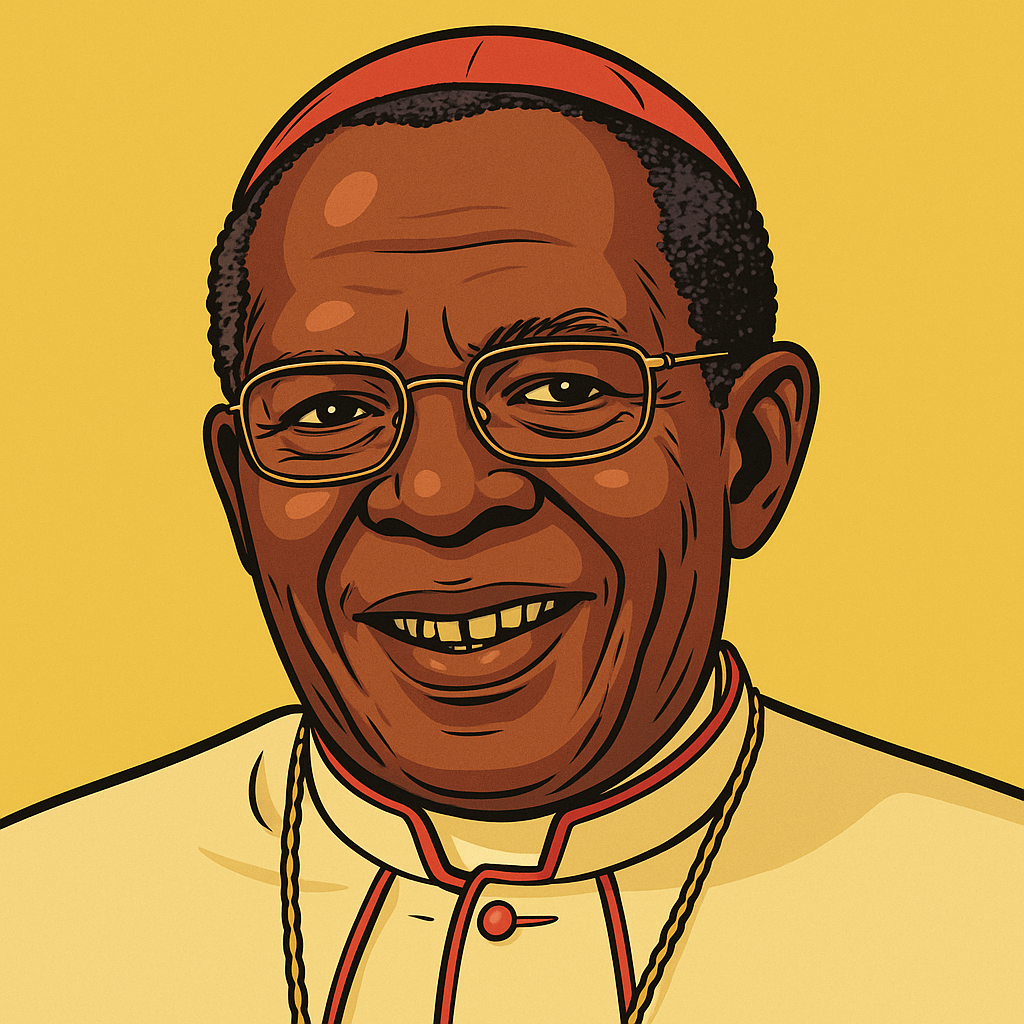
Kenya
Kenyan cardinal, Archbishop Emeritus of Nairobi, known for his conservative positions on moral issues and his leadership in the growing African Church.
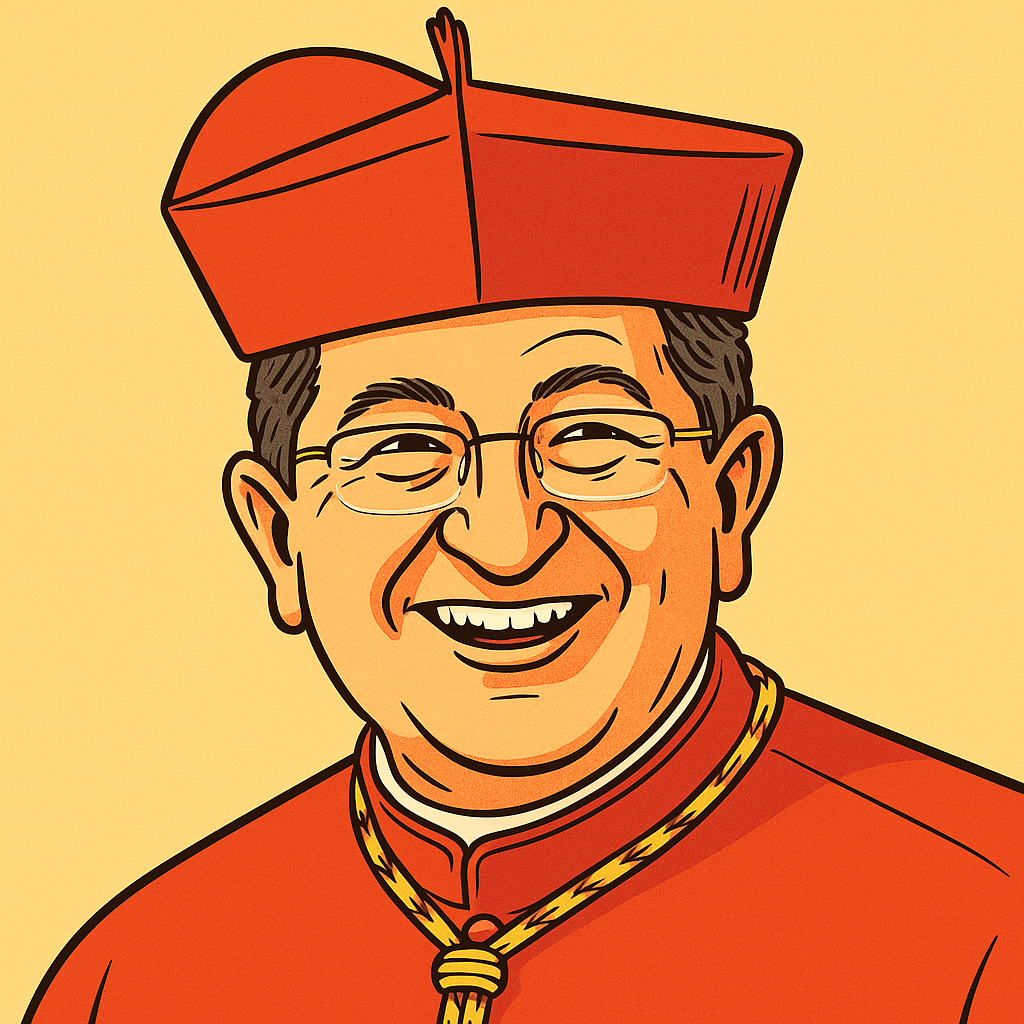
Italy
Italian cardinal, Archbishop of Florence, known for his conservative doctrinal positions and intellectual work, while remaining engaged in pastoral dialogue.
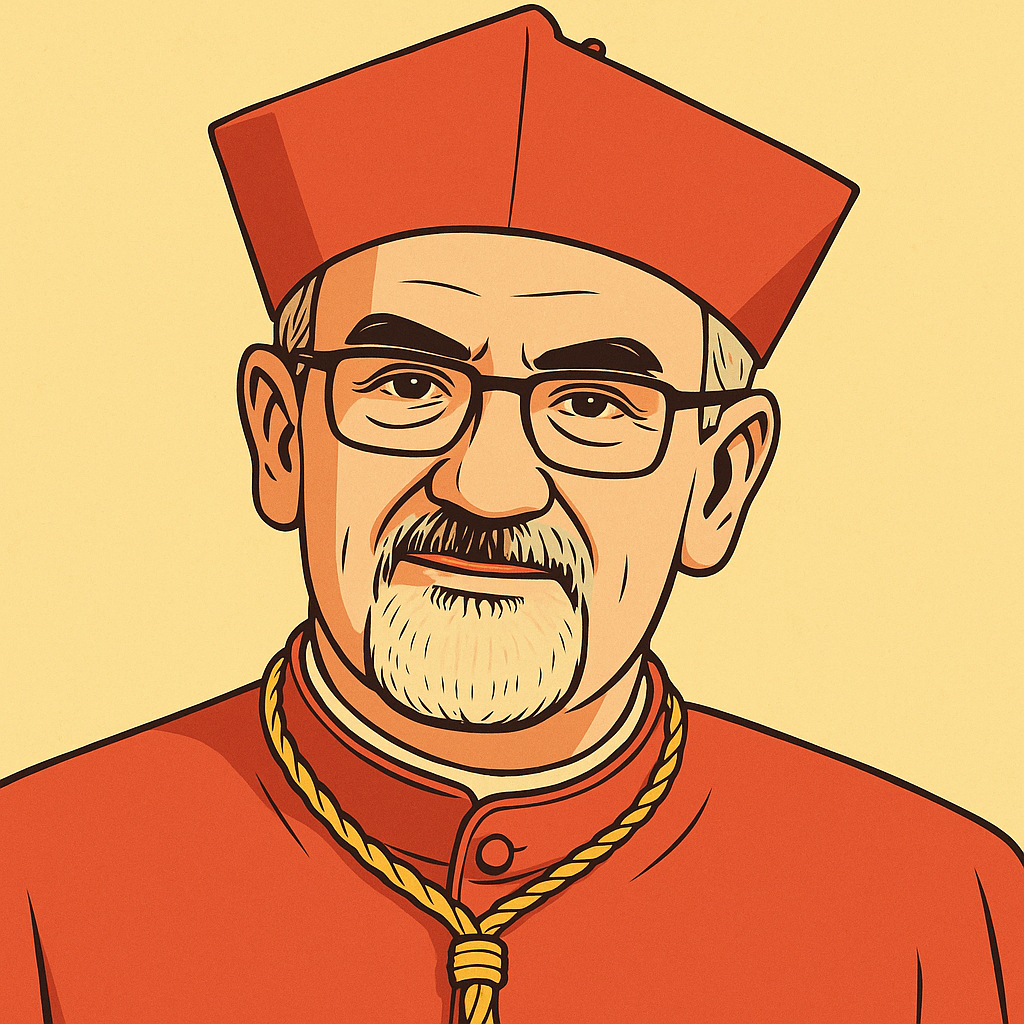
Israel
Italian cardinal, Latin Patriarch of Jerusalem, Franciscan, known for his expertise on the Middle East and his balanced leadership in a context of political and religious tensions.

Kenya
Kenyan cardinal, Archbishop Emeritus of Nairobi, known for his conservative positions on moral issues and his leadership in the growing African Church.

Italy
Italian cardinal, Archbishop of Florence, known for his conservative doctrinal positions and intellectual work, while remaining engaged in pastoral dialogue.